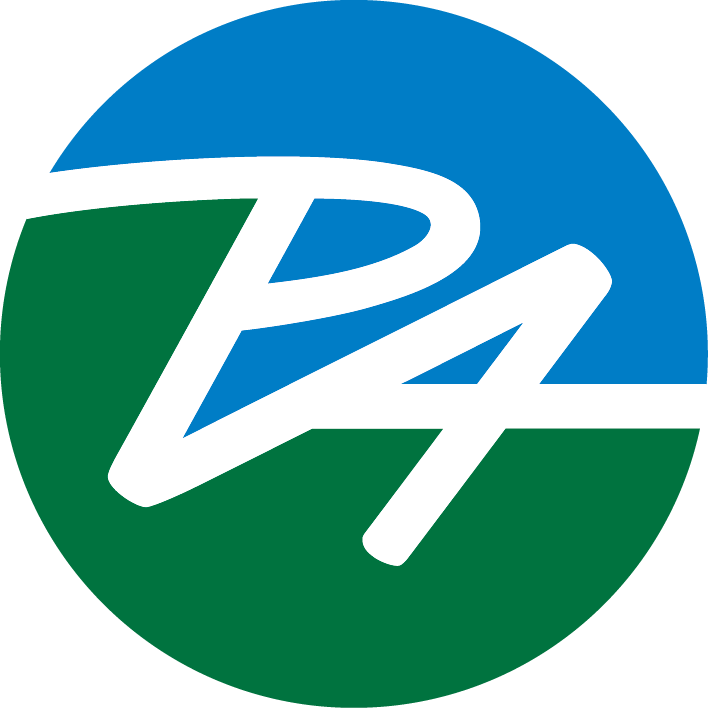Strong teams make a stronger impact.
Project Adventure has been in the business of building stronger teams for over 50 years. imPAct is an Organizational Development program that helps you build a more effective workplace team - and a stronger organization. How a company works together defines what you achieve. Let us help you achieve your mission.
Be the first to learn about new programs, services, and opportunities.
Sign up for our newsletter and become an imPAct Insider HERE.
Specializing in the Nonprofit & Public Sectors
As a 501(c)(3) ourselves, we understand the unique dynamics of doing business in this sector.
We are all trying to make a difference on complex problems with no easy solutions. Our people are passionate, but resources are slim.
If you need a partner in solving interpersonal issues, navigating change, or evolving to the next phase of your organization’s lifecycle, Project Adventure’s imPAct coaches can partner with you.
Services
We have many ways to support you in building your team and organization. Our services include:
Single-day team development retreats
Leadership coaching
Topic-driven training for management and staff (e.g., nonviolent communication, systems thinking, change management, and more)
Facilitation of professional learning groups, leadership teams, and boards
Organizational Lifecycle Assessment, leading to a customized Road Map to Renewal
And more
Contact us at impact@pa.org or fill out the form below to get started!
Attention Mass. Residents!
Some businesses and nonprofits in Massachusetts may qualify for reimbursement for workplace training with imPAct. To learn more, go to the Express Program website, or email us at impact@pa.org.




